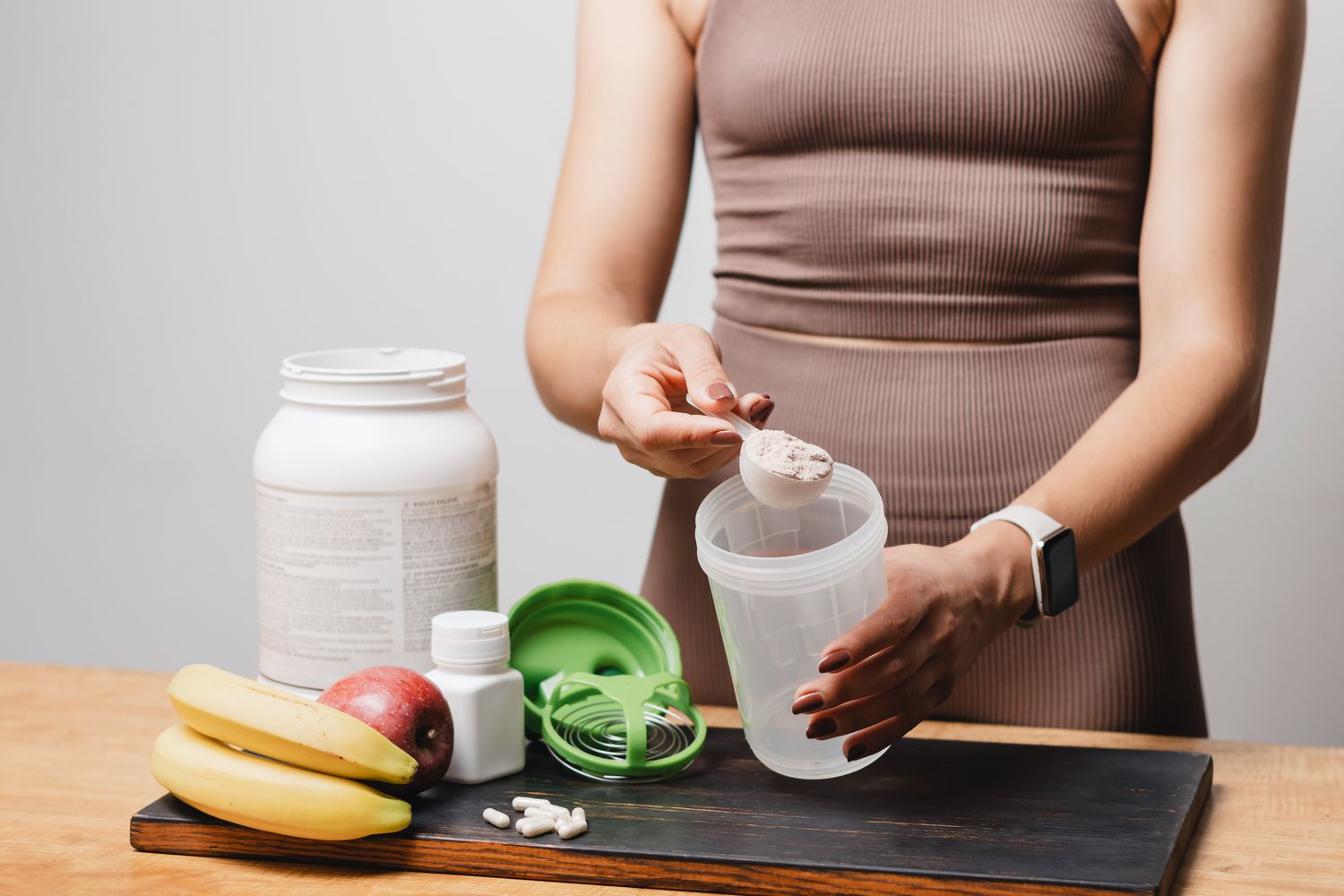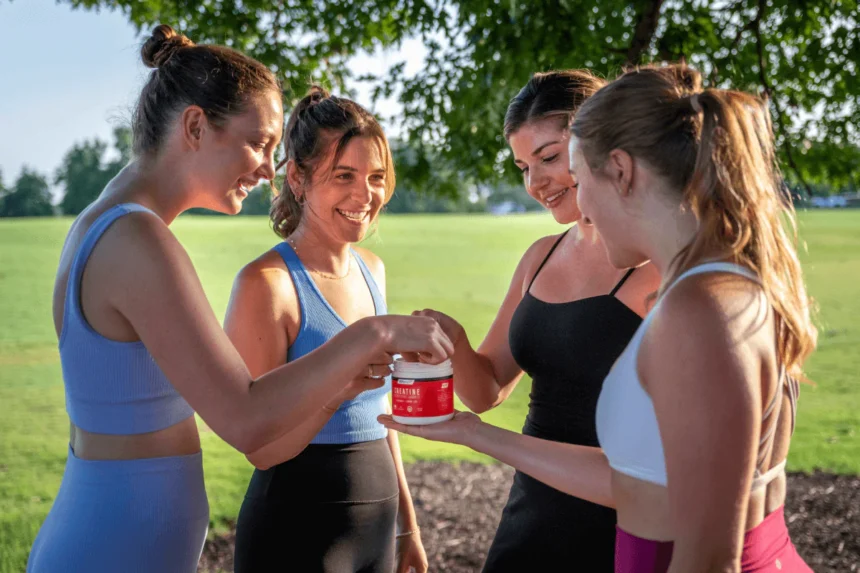For years, creatine has been linked almost entirely to bodybuilders and athletes. People often think of it as a supplement for strength and power. But scientific research shows creatine has far more to offer than just boosting performance in the gym. Experts around the world are now praising creatine for its wide range of health benefits, from supporting brain function to promoting healthy ageing.
Creatine is a natural compound your body makes in the liver, kidneys and pancreas using amino acids. You’ll also find it in foods like red meat and fish. Its main job in the body is to help produce energy.
It works closely with a molecule called ATP, which delivers energy to cells. During short, intense activities, creatine phosphate helps quickly restore ATP, which explains why athletes use it to push a little harder during training.
But creatine’s value isn’t limited to muscle power. Dr. Richard Kreider, a professor at Texas A&M University with decades of experience in creatine research, says its role in maintaining cell energy is key. This is especially important when the body faces physical strain or health problems.

Creatine May Boost Alertness
A major review of 685 clinical trials in the Journal of the International Society of Sports Nutrition tackled common fears about creatine’s safety. The results put to rest concerns about bloating, muscle cramps, and kidney issues.
Studies found that creatine users showed no more side effects than those taking a placebo. Some researchers even found that creatine can help prevent muscle cramps by keeping more water in the muscles. These findings are changing how both doctors and the public see creatine.
Research into creatine’s effect on brain health is especially promising. Most of the body’s creatine is in muscles, but a small amount is stored in the brain. Since the brain uses a lot of energy, scientists believe extra creatine may boost mental sharpness.
Early studies back this up. For example, a pilot trial at the University of Kansas Medical Center found that creatine supplements helped people with Alzheimer’s disease improve memory and thinking skills.
This hints that creatine could help tackle the energy shortages seen in Alzheimer’s. People who don’t eat much meat or fish, such as vegetarians and vegans, seem to benefit most from creatine’s support for memory and mental stamina.
Creatine also seems to help with healthy ageing. As people get older, they often lose muscle and mental sharpness. Research shows creatine can fight age-related muscle loss and help older adults move better and stay active.
Teenagers with low creatine in their diets tend to grow more slowly, have less muscle, and carry more body fat. This highlights how important creatine is at every age.

Creatine in Thailand
There’s also growing interest in creatine’s effect on blood sugar and metabolism. Early studies suggest that creatine might help improve insulin response and manage blood sugar, which could help prevent or manage type 2 diabetes. While research is ongoing, more scientists now see creatine as a supplement with many uses.
Your body makes about one gram of creatine each day. People who eat little or no meat and fish may not get enough from their diet. To reach the usual goal of two to four grams a day, most turn to supplements. Athletes often need even more.
If you live in Chiang Rai or elsewhere in Thailand and want to try creatine for its health benefits, it’s easy to find. Creatine monohydrate, the most researched and reliable form, is sold in many health shops.
Popular retailers such as Nutrition Depot Thailand stock brands like Rule One Proteins and Amix Nutrition. Central Online carries GNC Creatine Monohydrate.
Online marketplaces like Shopee Thailand offer choices like BAAM, Mattel, and Optimum Nutrition at competitive prices. For more specialized needs, Muscle Food Shop and Thai Sports Supplements are good options. Always choose products labelled “Creatine Monohydrate” and look for third-party testing on the packaging to ensure product quality.
In summary, scientists now recognize creatine as much more than a sports supplement. Its effects on cell energy, brain function, and long-term health are drawing attention far beyond the world of athletes. As the evidence grows, creatine is set to become a regular part of many people’s wellness routines, supporting both daily life and healthy ageing.














